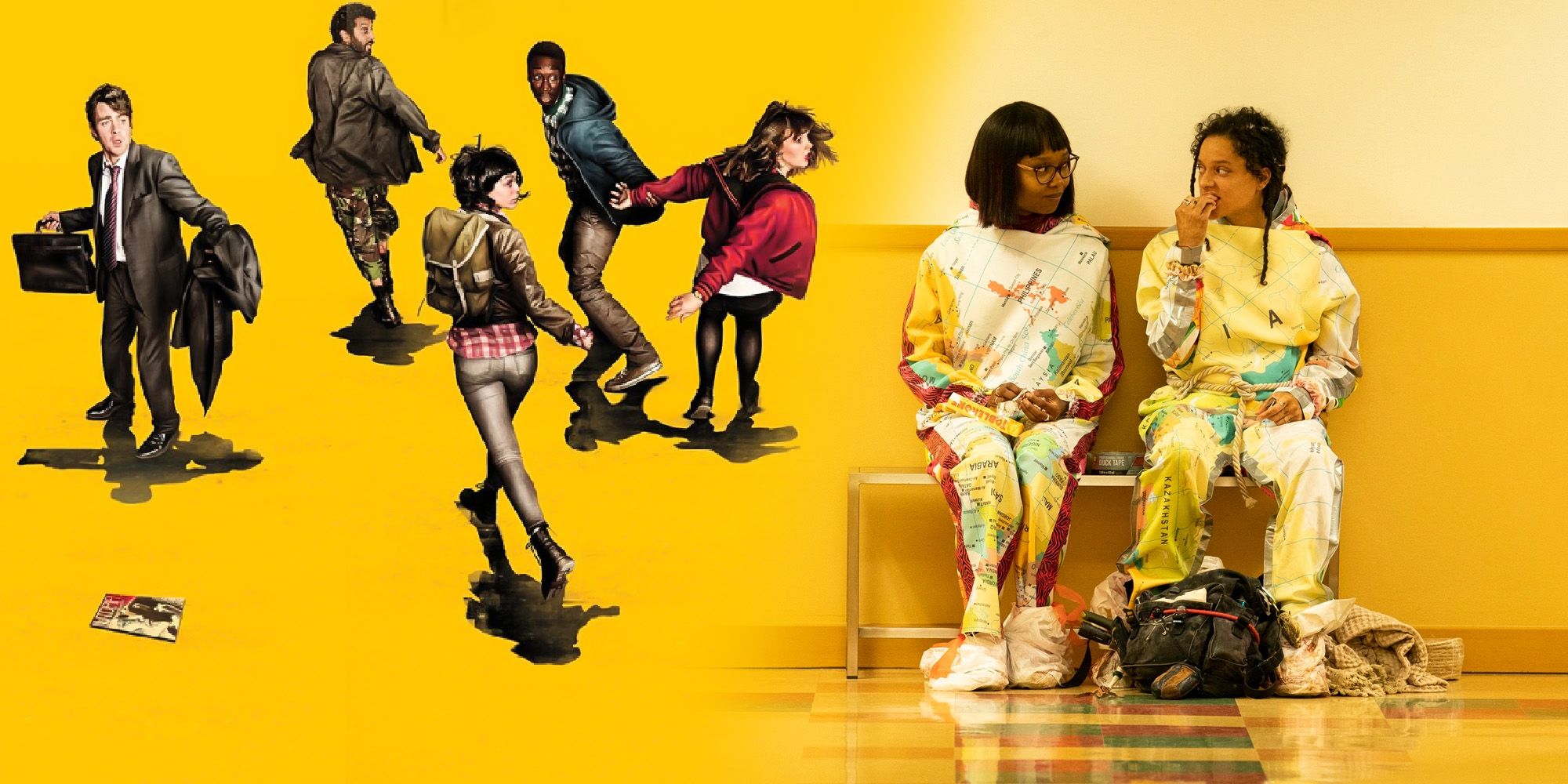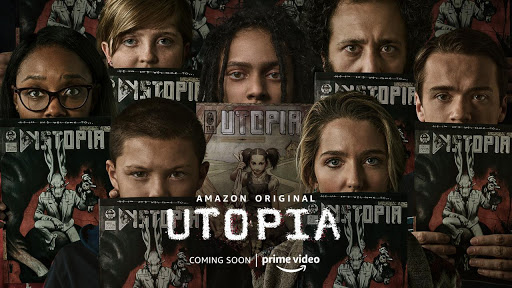

But that serendipity – it was all shot last year, so it wasn’t conceived as a response to coronavirus – hinders a story that’s concerned with bio-terror as a manifestation of an unseen corporate conspiracy, when the reality of Covid-19 is that it’s merely accelerated existing malfeasance and corruption, with the conspiracy theorists fighting on the wrong side. The too-obvious adjective for this new Utopia is “timely”, since the doom that the comic’s pages foretell involves a flu-like outbreak that might corrode the pillars of western society.
As assassins target both the super-fans and anyone else who shows an interest in Utopia, the gang end up living new lives on the run – forced to unpick the book’s mystery and save the world themselves, as they’re faced with an enemy that transcends the usual rules and safety nets. If you reflexively dismissed the whole idea of telling the story again, you needn’t rush to reconsider.Īs before, a gang of bright young-adult misfits, brought together by their belief that a comic book of uncertain authorship could be more than just a work of fiction, are proved right when an unpublished sequel comes to light. Now Amazon has bankrolled it, without Fincher but with his Gone Girl collaborator Gillian Flynn doing the scripts. David Fincher got a long way into planning his reimagining before it was dumped for fear of it costing too much. The original Channel 4 series, which aired between 20, was a classic piece of cult British telly: fresh, unsettling and instantly recognisable as the sort of show America inevitably would, and almost certainly shouldn’t, remake.

T he new version of Utopia has been long awaited, or at least long-talked about.


 0 kommentar(er)
0 kommentar(er)
